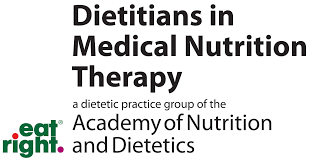Constipation: Refractory
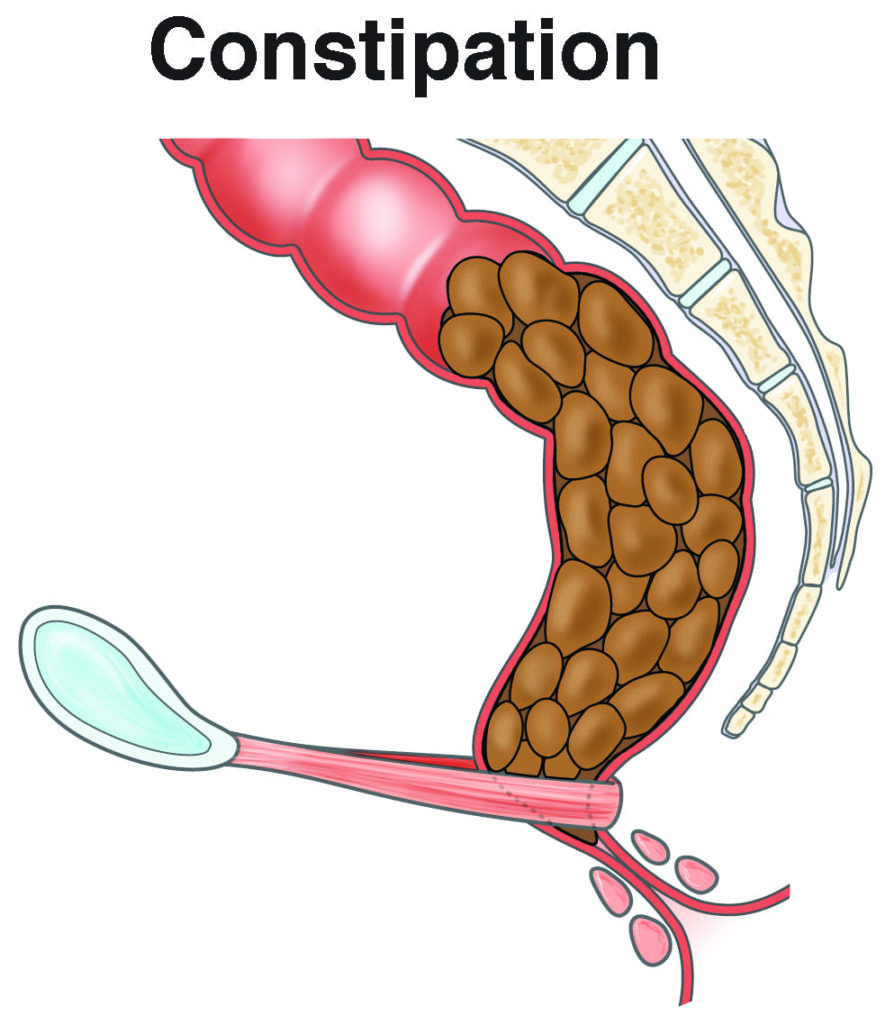
Constipation is when you have infrequent or hard-to-pass bowel movements, have hard stools, or feel like your bowel movements are incomplete.
Small intestinal bacterial overgrowth (SIBO): Managing with diet
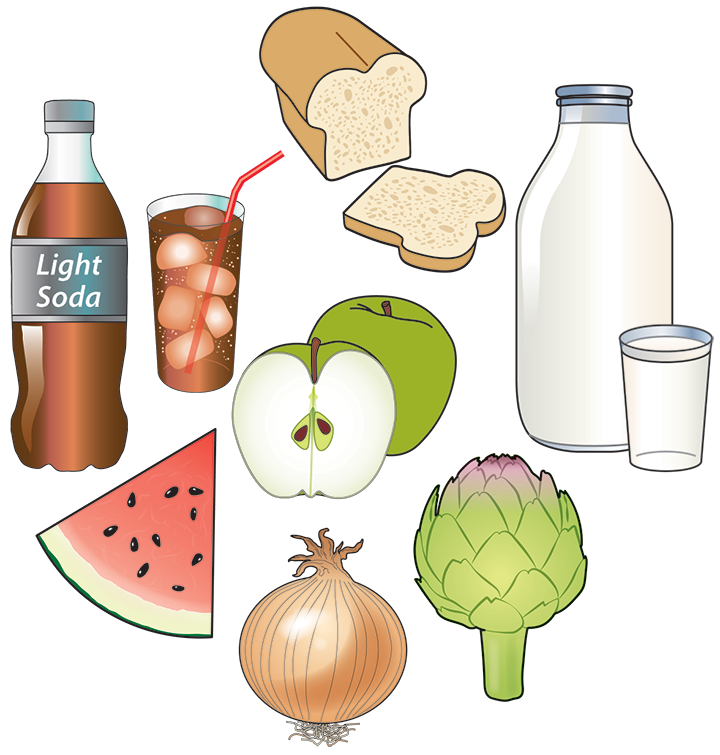
Having more bacteria than usual in your small intestine can cause uncomfortable symptoms like gas. Managing your diet can help.
Ostomy
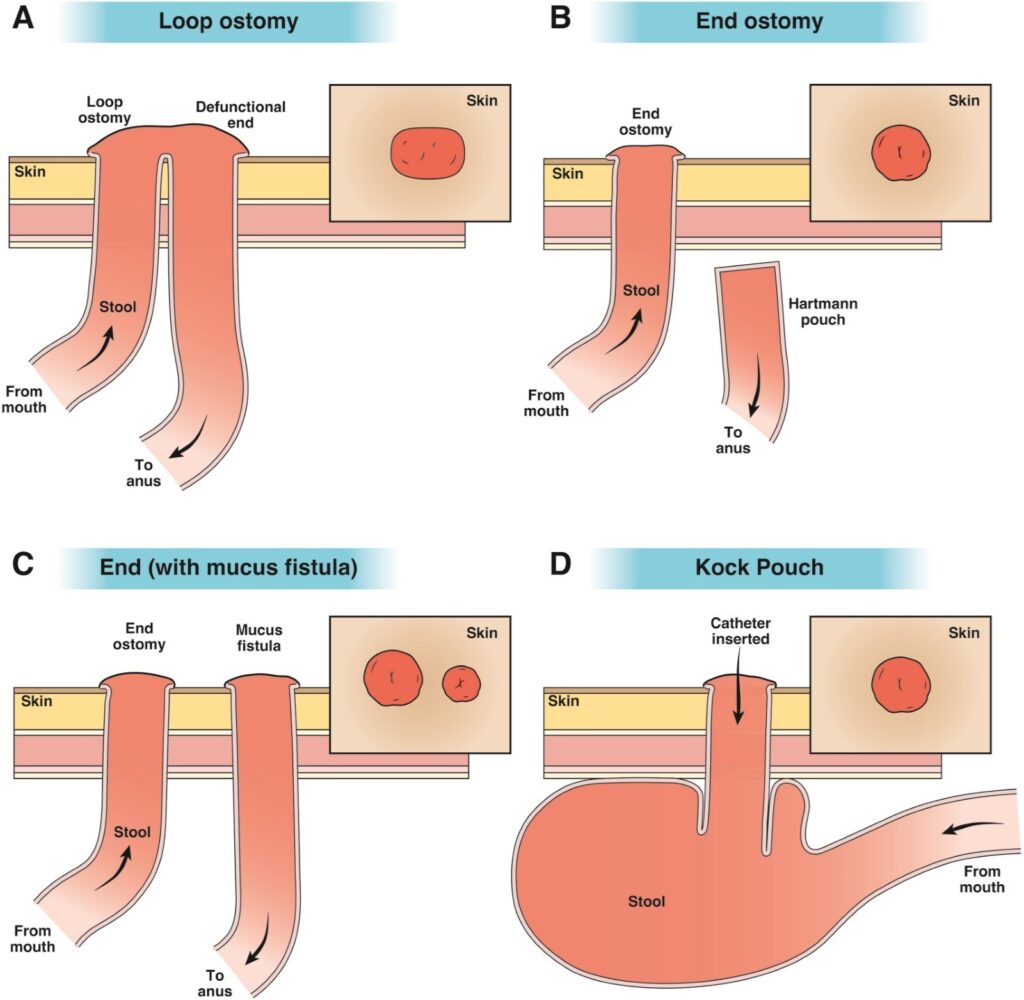
An ostomy is an opening in your stomach that is made by surgery to let solid or liquid waste leave your body.
Síndrome del intestino irritable (IBS)
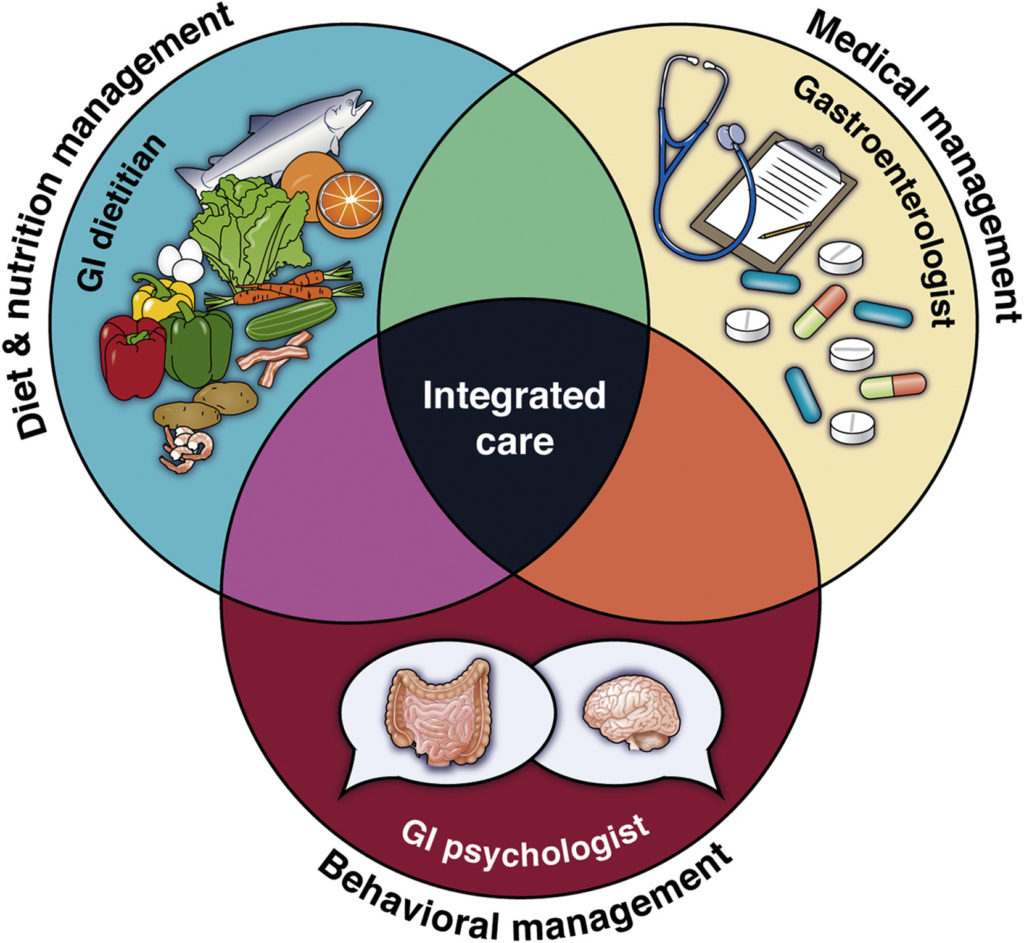
El síndrome del intestino irritable (IBS) es uno de los trastornos comunes del intestino grueso. Los síntomas del IBS pueden incluir dolor de estómago, diarrea, distensión estomacal, estreñimiento y calambres.
Estreñimiento

El estreñimiento se produce cuando se tienen evacuaciones poco frecuentes o difíciles, se tienen heces duras o se puede sentir que las evacuaciones son incompletas.
Colonoscopia
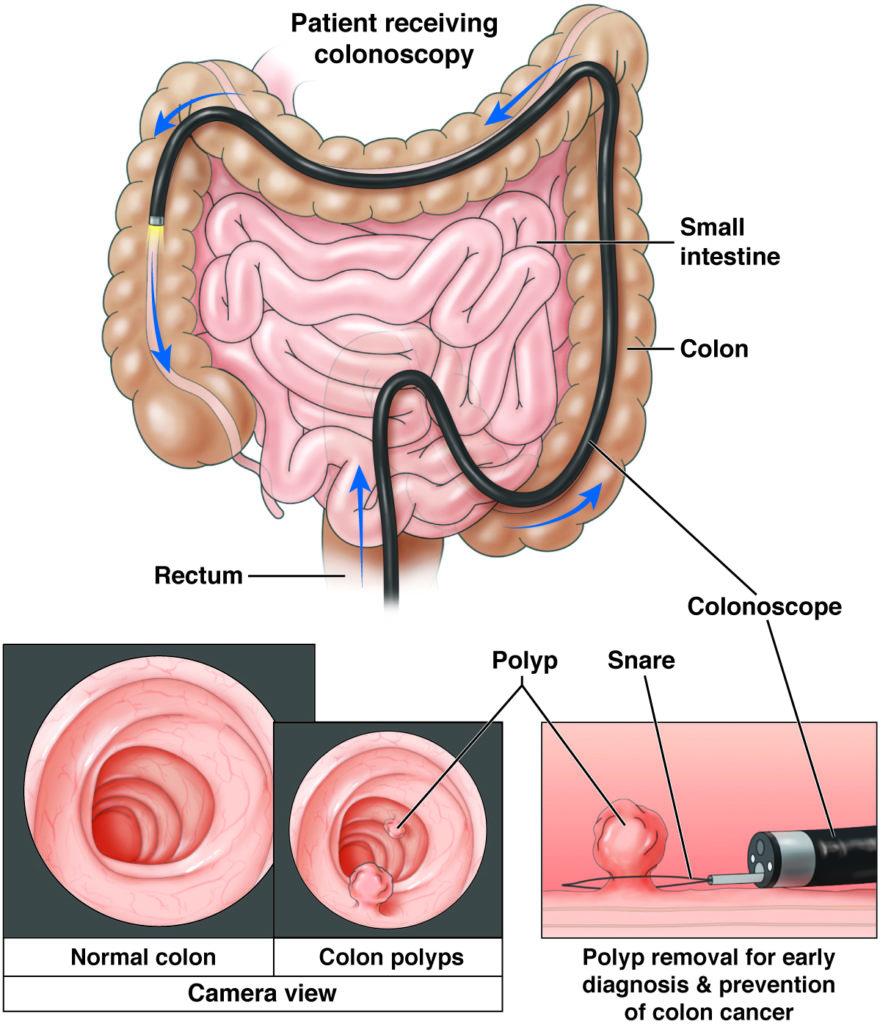
La colonoscopia, realizada por un gastroenterólogo, usa un colonoscopio para mirar dentro del colon y comprobar si hay enfermedades como el cáncer o la colitis.
Trust Your Gut
Colonoscopy

A colonoscopy is a procedure performed by a doctor called a gastroenterologist, who uses a colonoscope to look inside the colon and check for diseases like cancer or colitis.
Gentle GI nutrition
Also called the non-diet approach, this approach focuses on finding alternatives besides restrictive diets to help with GI symptoms.
Low-FODMAP diet

A low-FODMAP diet is low in a group of five sugars found in certain foods, which cause some people to experience bloating, stomach swelling, stomach pain, nausea, diarrhea, and constipation.

